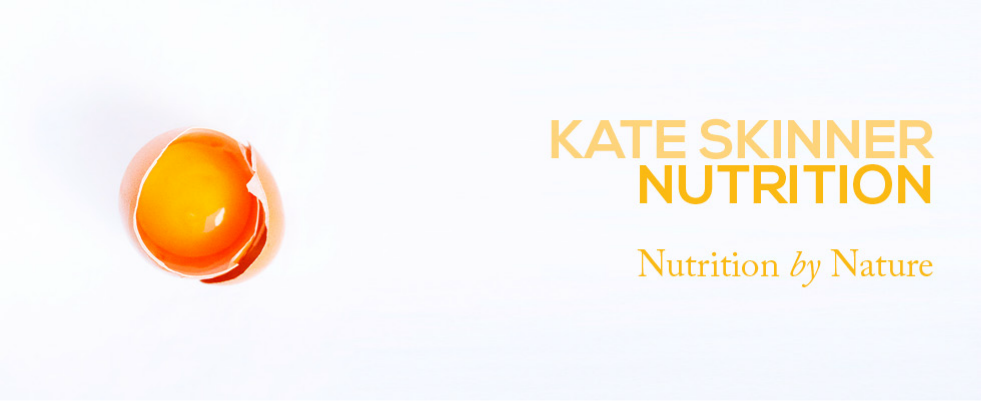There’s something magical about the way the French eat food. In France (pardon the generalization), people don’t seem to diet or deprive themselves, they appreciate quality of produce, real ingredients, developed flavours, and they take the time to savour long, lavish meals in an unhurried and sociable way.
This Cantonese classic is traditionally served to women post-childbirth, and is shared with friends and visitors in celebration of the arrival of a baby. As per Traditional Chinese Medicine philosophies, the dish is heralded for its ‘blood-building’, ‘re-building’ and ‘warming’ properties. According to our understanding of modern nutrition, I’d say that it’s incredibly nourishing for a number of reasons, as a rich source of: It’s quite shocking that polyunsaturated fats are still being touted as “healthy” fats, as the scientific literature clearly shows the damage caused by these types of fats in a multitude of both animal and human studies. Recommending the consumption of polyunsaturated oils for their ‘heart-healthy benefits’ is equivalent (or worse) than the old 20th century medical adage to prescribe smoking as a treatment for sufferers of chronic asthma (true). “Dietary salt restriction has become a cultural cliché, largely as a consequence of the belief that sodium causes edema and hypertension.” Ray Peat PhD As the incidence of obesity and other diet-related conditions such as heart disease, diabetes, metabolic syndrome and some forms of cancer have skyrocketed in Western developed countries in the last hundred years, it’s interesting to look back at how the main foods in our diets have changed during this same time period. The French have consommé and glace de viande, the Vietnamese have pho, the Japanese have ramen, and so on – nearly every culture has traditionally included broths and stocks made from animals bones in their diets. Whilst gummy bears and jello don’t exactly conjure a picture of good health, gelatin of the non-lolly variety can be a wonderful addition to your diet, with lots of health benefits including: I’m pretty well convinced that grains contribute nothing to our diet that can’t be found elsewhere – in the form of fruits and vegetables, meat, fish, fowl, eggs & dairy. Recently, there was a New York Times contest that asked people to submit a brief essay as to why it is ethical to eat meat, in response to the assumption that opting to forgo animal products is sacrifice made with an environmental objective. There’s been a fair amount of hoo-hah in the nutritional web-o-sphere as of late regarding the “fattening” properties of dietary carbohydrates, what with the rise of the Paleo/Primal movement, French Dukan hype, LCHF (low carb high fat) and the old Atkins Diet Revolution movement reliving another moment of glory. The Scandinavians are certainly on board1, with Swedish and Danish bread producers feeling the toll3. |

